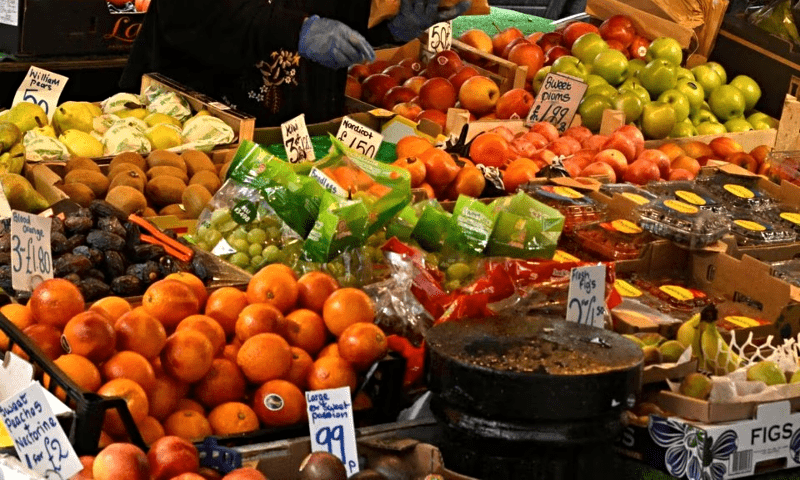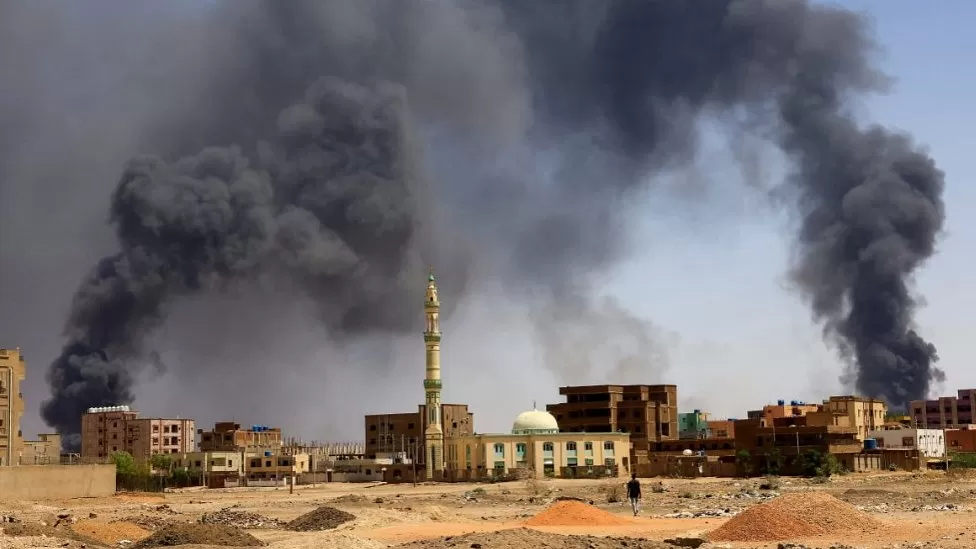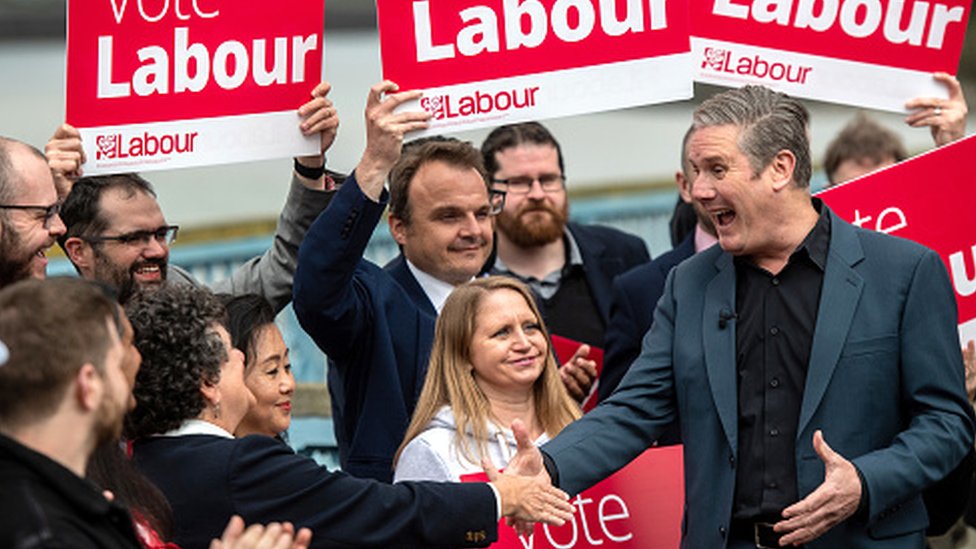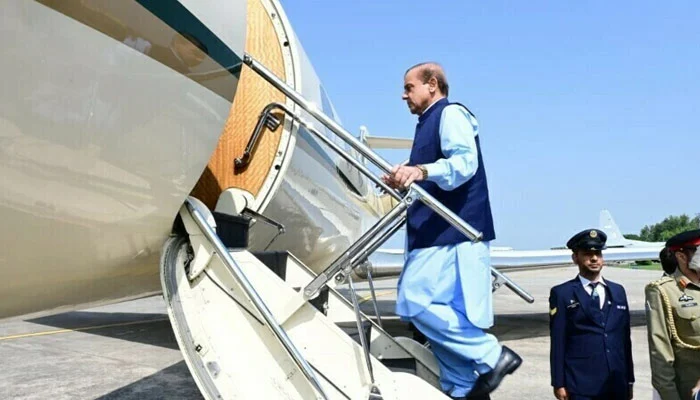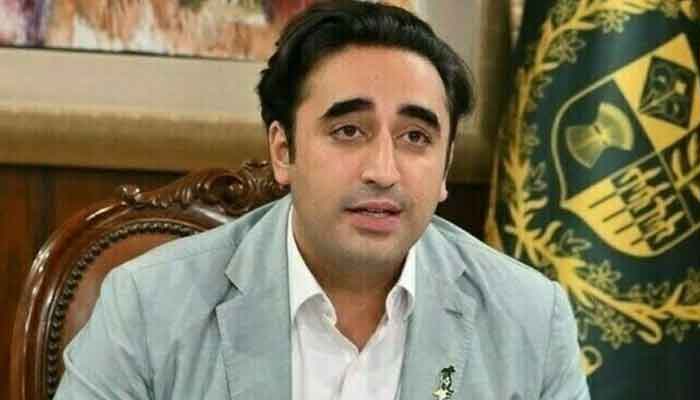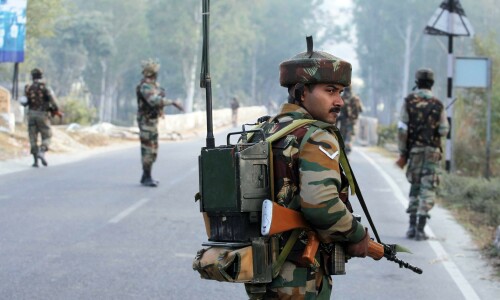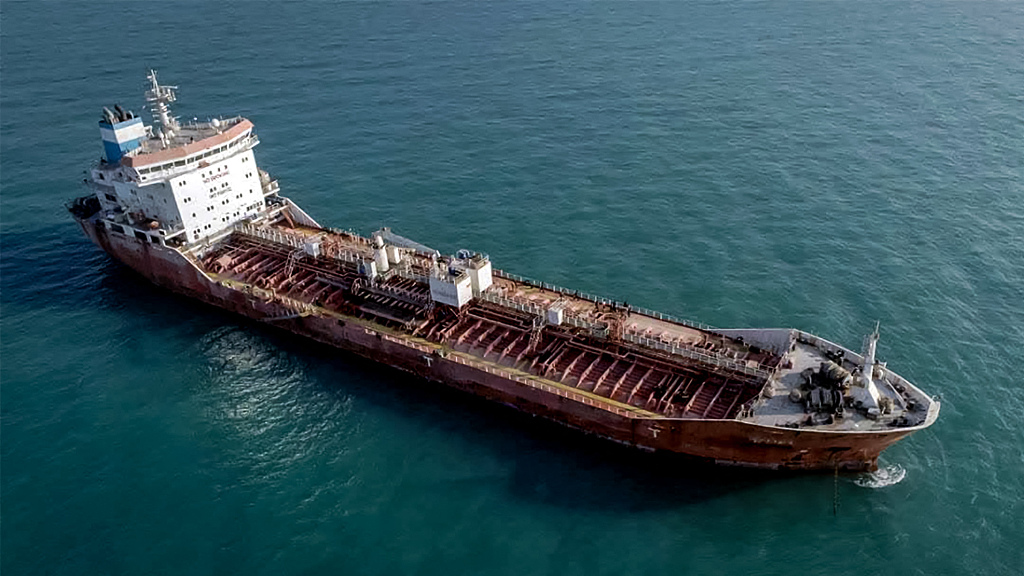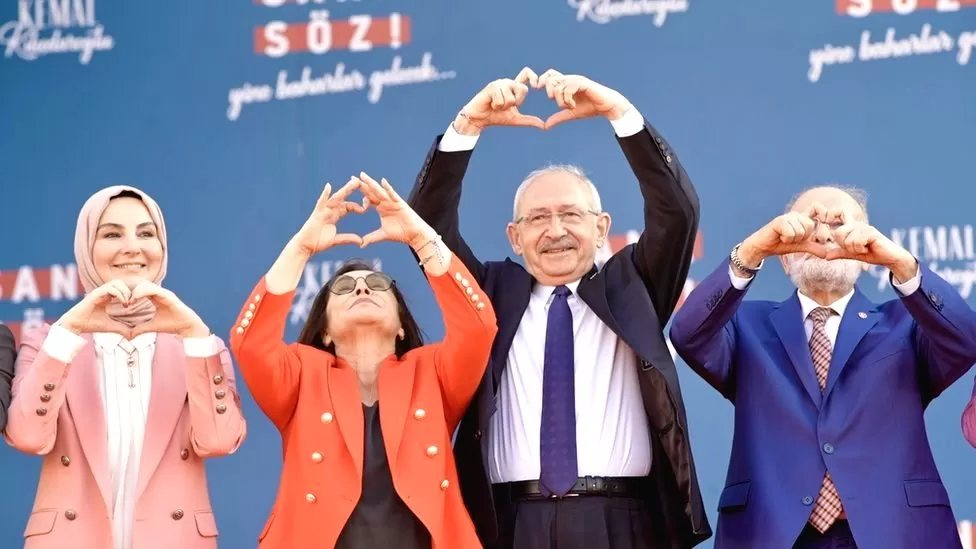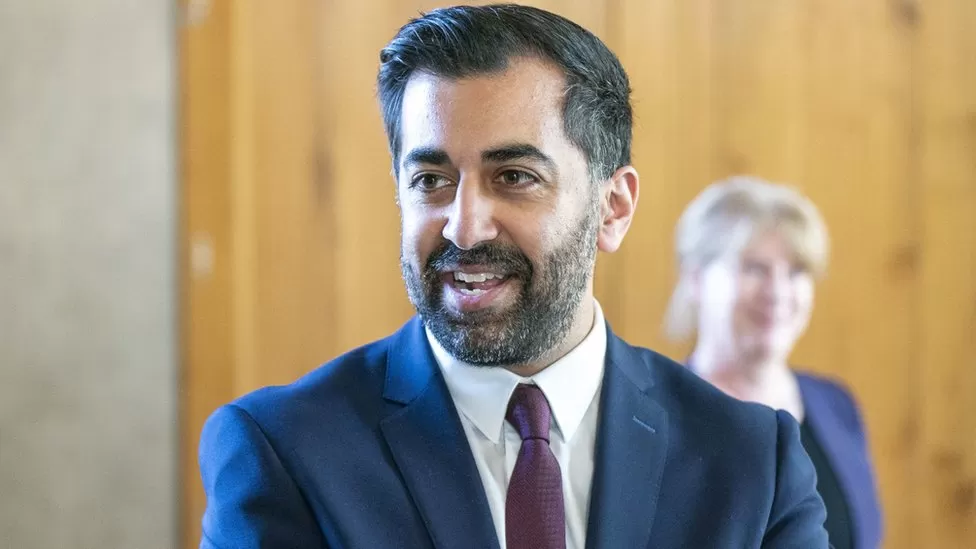Foreign Minister Bilawal Bhutto on Wednesday took coalition partners and Jamat-e-Islami (JI) chief into confidence over his first-ever India visit.
The foreign minister will depart today to attend the Shanghai Cooperation Organisation (SCO) Council of Foreign Ministers meeting scheduled to be held on May 4-5 in India’s Goa.
Bilawal telephoned Jamiat Ulema-e-Islam-Fazl (JUI-F) Ameer Maulana Fazlur Rehman, Balochistan National Party-Mengal (BNP) President Sardar Akhtar Mengal, Muttahida Qaumi Movement-Pakistan (MQM-P) Convener Khalid Maqbool Siddiqui, JI Ameer Sirajul Haq and National Party (NP) leader Tahir Bizenjo.
He consulted with them over his two-day Goa visit
SCO meeting
According to a statement issued by the Foreign Office, the FM will attend the SCO moot at the invitation of the current chair, Minister for External Affairs of India Dr S Jaishankar.
”Our participation in the meeting reflects Pakistan’s commitment to the SCO charter and processes and the importance that Pakistan accords to the region in its foreign policy priorities,” the FO spokesperson said.
Sources in the Civil Aviation Authority (CAA) said that the foreign minister, accompanied by a delegation, will depart for Goa from Karachi via a chartered flight.
The sources privy to the development said that the Indian civil aviation authorities contacted the PCCA and finalised the route for the special plane.
In addition to deliberating upon important regional and international issues and signing some of the institutional documents, the council will finalise the agenda and decisions to be adopted by the 17th SCO Council of Heads of State Meeting scheduled to take place in New Delhi on 3-4 July 2023.
The meeting will also witness the signing of memorandums of understanding (MoUs) with five countries namely Bahrain, Kuwait Maldives, Myanmar and UAE to become Dialogue Partners of SCO.
On the sidelines of the SCO, FM Bilawal will also meet his counterparts of friendly countries.
Besides Pakistan, SCO member states include China, Russia, Kazakhstan, Kyrgyzstan, Tajikistan, Uzbekistan and India.
SCO’s major objectives include promoting mutual confidence and good, neighbourly relations among member states, strengthening regional peace, security and stability, and creating a framework for effective cooperation in the fields of politics, trade and economy, culture, science and technology, education, energy, transportation, tourism, and environmental protection etc.
Since becoming a member in 2017, Pakistan has been actively and constructively contributing to all SCO activities to realise its multi-sectoral aims and objectives in a mutually beneficial manner.
No bilateral meeting with Indian leaders
Last week, FM Bilawal dismissed speculations surrounding his India visit and clarified that it should not be “misconstrued in terms of bilateral ties” between the two neighbouring countries.
Bilawal, while speaking to Geo News, said that he did not make any request for arranging a meeting with Indian Prime Minister Narendra Modi.
“We are committed to the SCO charter and this visit should not be seen as a bilateral one but in the context of SCO. Our participation at the meeting reflects Pakistan’s continued commitment to the SCO charter and process and the importance that Pakistan accords to the region in its foreign policy priorities,” Bilawal was quoted as saying.
He had said that they cannot let India further isolate Pakistan.
It will be the first visit to India by a top Pakistani official since then-prime minister Nawaz Sharif attended Indian Prime Minister Narendra Modi’s swearing-in in 2014.


